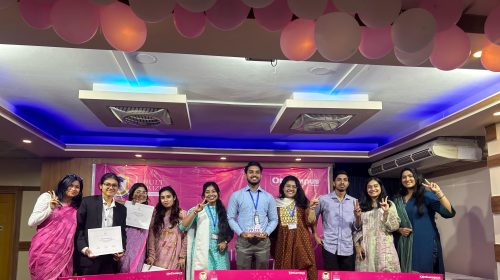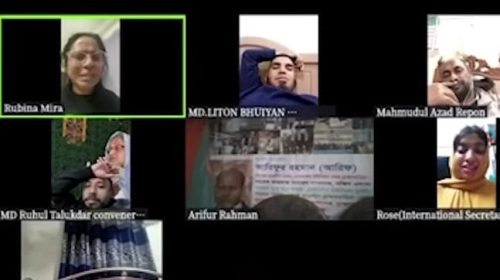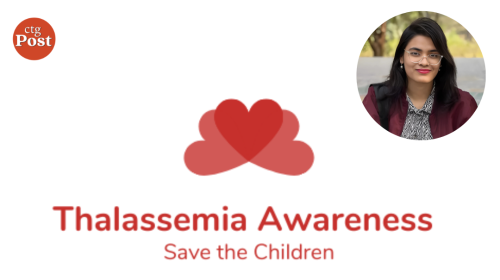A recent awareness session organized by the Youth Club of Bangladesh has shed light on the alarming prevalence of thalassemia in the country. The session, led by Joint Coordinator Ritu Roy, provided vital information about this genetic blood disorder.
Thalassemia, an inherited blood disorder, is caused by mutations in the genes that help make hemoglobin — the protein in red blood cells that carries oxygen. There are two main types: alpha-thalassemia and beta-thalassemia. While carriers may not exhibit symptoms, individuals with the disease often suffer from severe anemia, fatigue, and other health complications.
In Bangladesh, an estimated 10-12% of the population are carriers of thalassemia, meaning millions are unknowingly passing on the gene to their offspring. The session highlighted the importance of early detection and prevention, as there is currently no cure.
Participants learned that thalassemia occurs when there are mutations in the genes responsible for producing hemoglobin. These mutations can lead to a decreased production of hemoglobin or the production of abnormal hemoglobin.
While carriers may not experience any symptoms, individuals with thalassemia often suffer from:
- Severe anemia
- Pale or yellow skin
- Jaundice
- Extreme fatigue and weakness
- Delayed growth and development
- Enlarged spleen
- Dark urine
- Heart problems
- Bone deformities, especially in the face
A simple blood test called hemoglobin electrophoresis can accurately diagnose thalassemia.
Currently, there is no cure for thalassemia, but regular blood transfusions and iron chelation therapy can help manage the symptoms. However, the most effective way to prevent thalassemia is through genetic counseling and prenatal diagnosis.
The session emphasized the importance of raising awareness about thalassemia and encouraging pre-marital screening. By understanding the risks and taking preventive measures, couples can make informed decisions about family planning.
“Awareness is the key to preventing thalassemia,” said Ritu Roy, Joint Coordinator of the Youth Club of Bangladesh. “We must work together to eliminate this disease from our society.”
As Bangladesh continues to develop, addressing health issues like thalassemia is crucial. By investing in education, screening programs, and research, the country can make significant strides in reducing the burden of this inherited blood disorder.
















